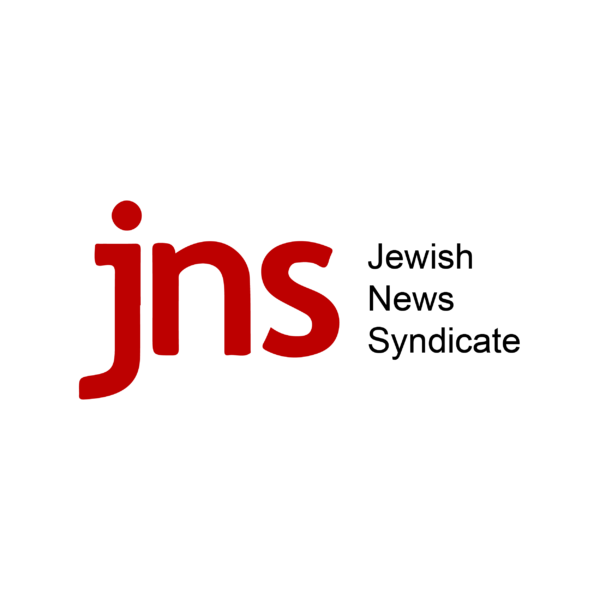The Zionist Organization of America hosted a webinar on Monday evening about the recent controversy over the new chair of the Conference of Presidents of Major American Jewish Organizations.
Featured were ZOA national president Mort Klein and chairman Mark Levenson, who talked in detail about concerns regarding former HIAS chair Dianne Lob, who was elected on April 28 as the chair-elect of the 53-member umbrella organization with the support of 31 member organizations.
During the webinar, Klein doubled down on objections to Lob and alleged that, in reprisal, a number of member organizations have called for the ZOA’s ouster from the big-tent group.
Ahead of the webinar, Klein told JNS that “some organizations are so upset about our campaign against HIAS and the nomination of HIAS chair Dianne Lob as the new chair of the Conference that they are now calling for ZOA’s ouster from the Conference.”
Klein specifically pointed to the Anti-Defamation League, a member organization, of being behind the push. (The ADL did not respond to multiple requests for comment.) He did not mention which other members supported the move.
JNS reached out to some of these organizations. A few, such as the American Zionist Movement and Americans for Peace Now, stated that they are not calling for ZOA’s ouster; others, including Workers Circle said that the issue between the ZOA and Conference of Presidents should be handled internally.
AIPAC and Hillel International each stated that neither is involved in the dispute. B’nai B’rith International and United Synagogue of Conservative Judaism, declined to comment.
Lob served as HIAS chair between 2016 and 2019. Her nomination and ultimate appointment was met with significant objections from longtime Conference members and financial supporters uncomfortable with political positions by HIAS, which have specifically clashed with the Trump administration over U.S. immigration policies. At the same time, with the decline of Jewish refugees, some see HIAS as no longer integral or even attached to its Jewish origins, with HIAS now focusing on assisting refugees from Muslim and other countries.
HIAS has also signed a letter in support of anti-Semitic Women’s March leader Linda Sarsour, who held a fundraiser for HIAS in October 2018, stating “[We] publicly state our commitment to working alongside her [Sarsour] for a more just and equal society.”
It has also been accused of collaborating with Islamic groups that allegedly have links to Hamas and terrorist activities, as well as anti-Israel organizations including IfNotNow and Jewish Voice for Peace.
At the same time, questions have been raised over concerns regarding the nomination process and possibly bylaw violations behind Lob’s selection. In a widely distributed letter, 17 individuals associated with member organizations of the Conference accused the umbrella group of a “pattern of failures to comply with the basic procedures set forth in the Conference’s governing document.”
Current Conference chair Arthur Stark will remain in his position for another year until Lob takes over in 2021. She works as head of global business development for the investment management firm AllianceBernstein.
Ahead of the webinar, the ZOA and the Conference feuded via email about the webinar itself, according to emails obtained by JNS.
On May 4, Stark sent an email addressed to Klein and Levenson, telling them that member organizations have complained about the proposed webinar and demanded that ZOA cancel it.
“Stark told me to ‘cease and desist, and cancel the webinar,’ ” Klein told JNS.
In an email to Stark, Levenson replied that ZOA’s concerns have not been heard or considered within the umbrella organization. (Stark did not respond to a request for comment.)
In response to a JNS question during Monday’s webinar about whether ZOA might leave the Conference and attempt to form its own entity, Klein said that while there have been people have suggested forming an alternative group of pro-Israel Jewish voices, “we have not considered leaving the conference.”
Nonetheless, Klein noted that if J Street, which was rejected from the Conference in 2014, were to be admitted, the ZOA would “have to think very seriously whether we want to sit” with it.
This article was originally published in JNS.
